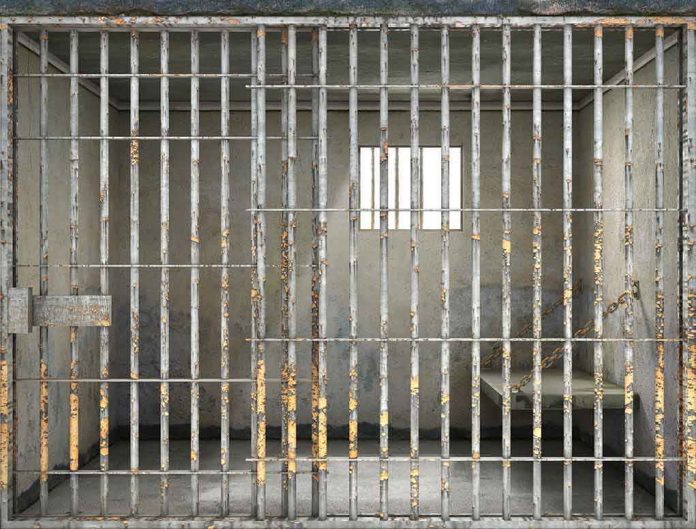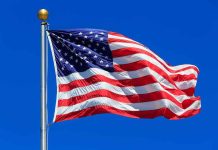
Supreme Court justices appear ready to shield prison guards from financial accountability after they forcibly shaved a Rastafarian man’s dreadlocks, potentially gutting religious liberty protections for inmates nationwide.
Story Snapshot
- Damon Landor’s religious dreadlocks were forcibly shaved by Louisiana prison guards in 2020, violating his Rastafarian beliefs
- Supreme Court justices appear skeptical of allowing monetary damages against individual prison officials under federal religious rights law
- The case could determine whether prisoners can hold government officials financially accountable for religious freedom violations
- Decision expected in 2026 will set nationwide precedent for religious liberty enforcement in correctional facilities
Religious Rights Under Attack in Prison System
Damon Landor, a devout Rastafarian, carried legal documentation protecting his religious right to maintain dreadlocks when he entered Louisiana’s prison system in 2020. Two facilities respected his constitutional protections during the first four months of his five-month sentence. However, guards at Raymond Laborde Correctional Center forcibly shaved his dreadlocks and destroyed his legal paperwork during his final three weeks of incarceration, demonstrating brazen disregard for federal religious liberty laws.
Federal Law Designed to Protect Religious Freedom
The Religious Land Use and Institutionalized Persons Act, enacted in 2000, specifically prohibits government officials from imposing substantial burdens on religious exercise unless using the least restrictive means to further compelling interests. This law emerged after the Supreme Court limited states’ obligations under the Religious Freedom Restoration Act, creating stronger protections for prisoners and institutionalized individuals. RLUIPA represents Congress’s clear intent to shield religious practices from government overreach, particularly in settings where individuals lack freedom to practice faith elsewhere.
Supreme Court Signals Reluctance to Hold Officials Accountable
During November 2025 oral arguments, Supreme Court justices expressed skepticism about allowing Landor to sue individual prison officials for monetary damages, despite calling the facts “egregious.” Justice Amy Coney Barrett acknowledged the severity of the violation while noting lower courts had consistently ruled against damage claims. Louisiana’s legal representatives condemned the forced haircut but argued Congress, not courts, should determine whether officials face financial consequences for violating federal religious protections.
The justices’ hesitation stems from technical questions about whether RLUIPA authorizes damage suits against state officials in their personal capacity. Conservative justices focused on statutory interpretation and federalism concerns, while liberal justices emphasized the seriousness of the constitutional violation. This legal technicality could effectively immunize government officials from consequences when they deliberately violate citizens’ religious rights.
Broader Implications for Constitutional Protections
The Supreme Court’s eventual ruling will determine whether religious liberty laws have meaningful enforcement mechanisms or remain paper promises. Without financial accountability, prison officials face no personal consequences for trampling constitutional rights, potentially encouraging similar violations nationwide. The decision affects all incarcerated individuals, particularly those practicing minority religions that prison systems may not understand or respect, undermining the fundamental principle that constitutional rights don’t disappear behind bars.
This case highlights the ongoing tension between state immunity and individual rights enforcement that has plagued civil rights litigation for decades. If the Court rules against Landor, it sends a dangerous message that government officials can violate religious freedom with impunity, knowing taxpayers rather than individual wrongdoers bear any financial consequences for constitutional violations.
Sources:
Supreme Court leans against Rastafarian’s case against prison guards who forcibly cut dreadlocks
Can prison officials be sued for cutting dreadlocks?


